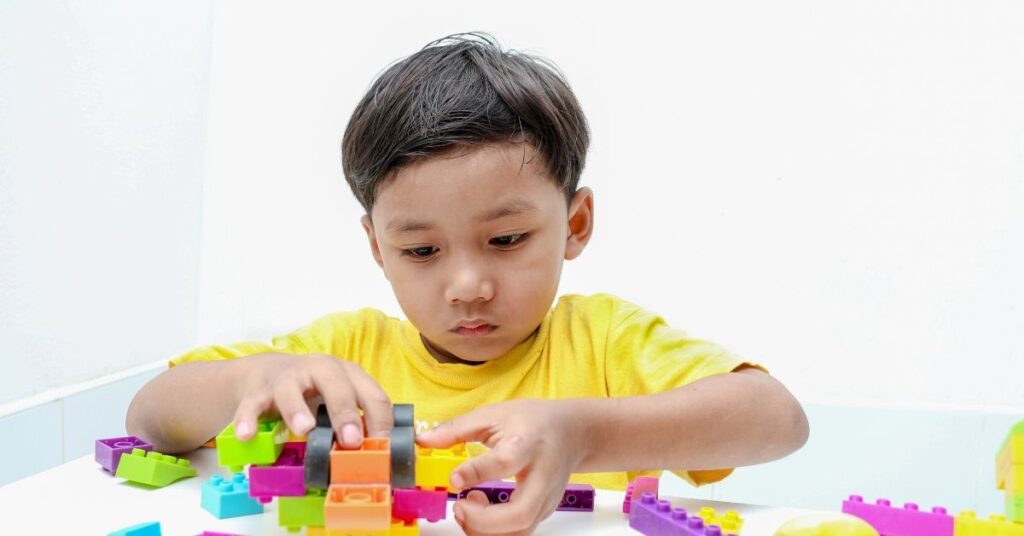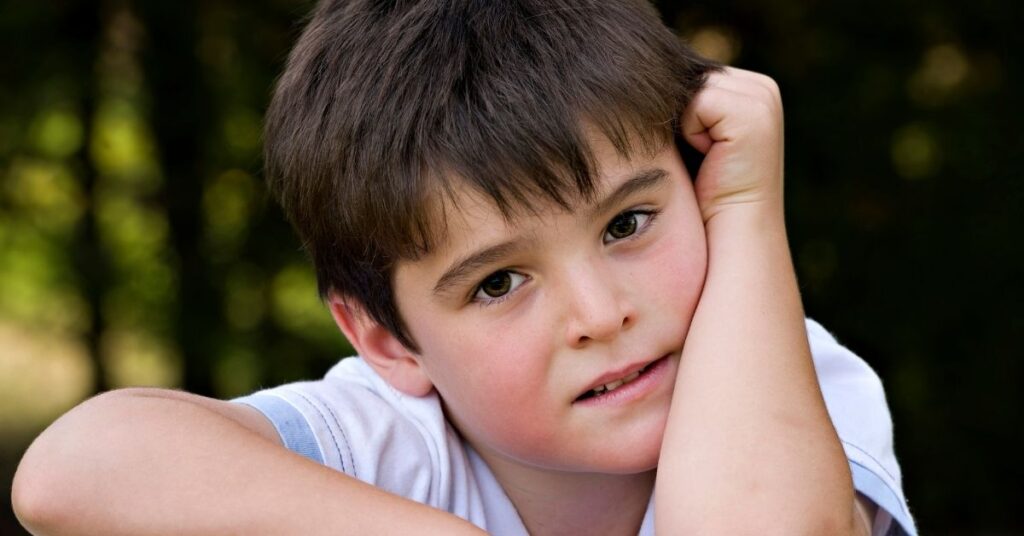As a parent of an autistic/ADHD child, I hear it all the time: People with autism don’t have any empathy. Well, that may be right about half of the time. However, it’s not necessarily because of autism. Instead, it is from a condition called alexithymia, and research shows that up to 50 percent of people with autism also have alexithymia. Could your child have both?
What is alexithymia?
The Merriam-Webster Dictionary defines alexithymia as the “inability to identify and express or describe one’s feelings. People with alexithymia typically display a lack of imaginative thought, have difficulty distinguishing between emotions and bodily sensations, and engage in logical externally oriented thought.”
In other words, a person with alexithymia may not understand their own or other’s feelings and have a hard time distinguishing the difference between a feeling and bodily sensation. For instance, if a person with alexithymia has “butterflies in their stomach,” they may not recognize that as anxiety, nervousness or even fear. They may just think they have hunger pangs or that something else is happening in their stomach.
Prevalence of alexithymia among autistics

Alexithymia is not considered a core trait of autism, however, prevalence within autistics is higher than the general population. Studies estimate that up to 50 percent of people with autism have varying degrees of alexithymia. Other research indicates it could be as high as 85 percent of autistics also have alexithymia. That means not all autistics have alexithymia, and people who do not have autism also may have alexithymia.
Characteristics of alexithymia
So what are the characteristics of alexithymia and how do you know if your child may also have it? To be sure, you will need to talk to your child’s therapist or psychiatrist and request an assessment.
Characteristics of alexithymia include:
- Difficulty with identifying, describing and processing one’s own feelings
- Lack understanding of others’ feelings
- Hard to distinguish feelings from bodily sensations during emotional provocation
- Inability to detect changes inside their bodies, called interoception (a person’s internal state). For example, they may not realize their heart is racing or that they have a full bladder.
Does this mean people with alexithymia don’t experience emotions or understand they are experiencing emotions? No, they just have a difficult time naming it. For instance, a child with alexithymia could be depressed but not be able to differentiate it from other negative emotions.
In addition, people with alexithymia struggle to understand others’ facial expressions and body language to interpret what others may be feeling. They may see someone is angry and know it’s a negative emotion. Yet, it still may be difficult for them to identify exactly which emotion: is it anger, frustration, disappointment or something else?
What causes alexithymia? Experts haven’t found the exact cause, but studies point to it being genetic and also sometimes associated with trauma or neglect from when a person was young.
Empathy and alexithymia

How does alexithymia affect a person’s empathy?
According to this Psychology Today article, empathy is “the ability to recognize, understand, and share the thoughts and feelings of another person, animal, or fictional character. Developing empathy is crucial for establishing relationships and behaving compassionately. It involves experiencing another person’s point of view, rather than just one’s own, and enables prosocial or helping behaviors that come from within, rather than being forced.”
Having empathy is challenging for those with alexithymia because they have a hard time relating to someone else’s feelings as well as identifying their own. Does this mean they don’t care about others? No, they do but struggle with understanding the emotions and how to help another feel better – or even how to decrease the distress they are experiencing themselves. This makes it difficult for them to respond empathetically to others’ emotions and situations.
Treatment for alexithymia
Currently, the best treatment available for alexithymia is cognitive behavioral therapy, group therapy or talk therapy.
If you think your autistic/ADHD child may also be struggling with alexithymia, then talk to your child’s doctor about a referral to a psychologist or psychiatrist for evaluation. If your child is diagnosed with alexithymia, then you can integrate treatment into any current behavioral therapy (if your child is already working with a therapist) or find a therapist who can help your child.
Looking to find out more about alexithymia? Here are some books that might help.
Emotionally Dumb: An Overview of Alexithymia (affiliate link)
Alexithymia, A World without Emotions (affiliate link)
Alexithymic Parenting: The Impacts on Children (affiliate link)
Does your autistic/ADHD child also struggle with alexithymia? What has your experience been with getting help and support for your child? Leave a comment so that we can share and learn from one another on this journey.
References:
Poquerussse J., Pastore L, Dellantanio S. and Esposito G. Alexithymia and Autism Spectrum Disorder: A Complex Relationship. Frontiers in Psychology. 2018. 9:1196.
Scheerer, N., Boucher, T. and Iarocci, G. Alexithymia is related to poor social competence in autistic and non-autistic children. Autism Research. 2021. 14:1252-1259.










